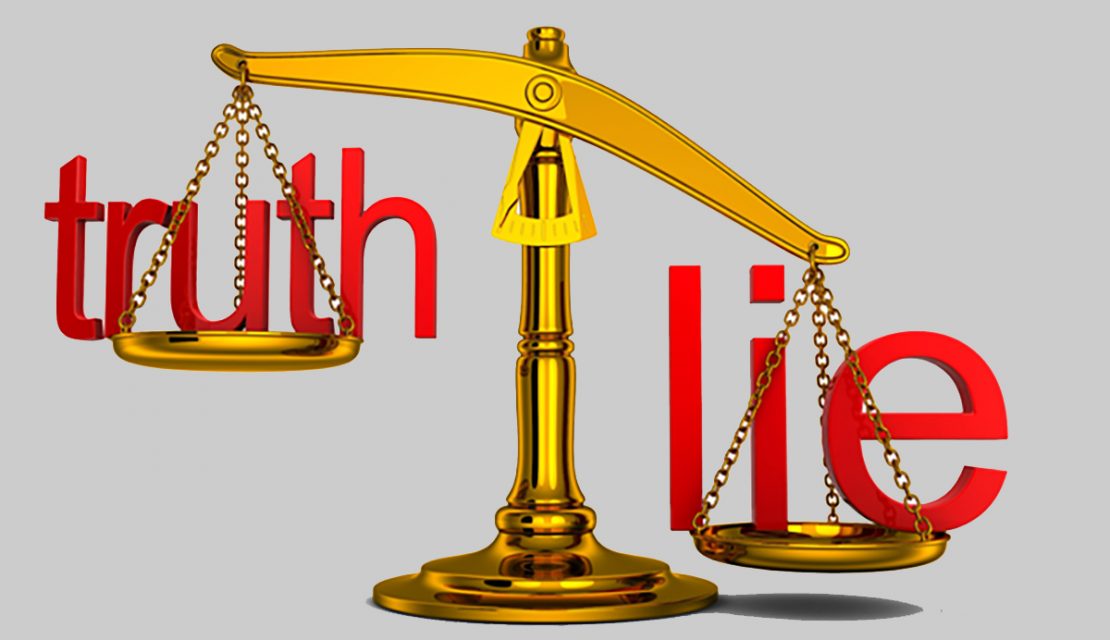
By Truphie Kwaka-Sumba
Ever read the children’s fairy tale of the ‘Emperor’s Clothes’? Once upon a time there lived an Emperor who was rich and famous and loved to dress well. One day two weavers told the ing that they could make him an outfit that was the most magnificent ever seen. Not only would the colors, design and fitting be unique but the garment could not be seen by those who were stupid or unfit for office. So the King excited at that unique prospect, commissioned the making of the garment. He later sent his generals to check on progress and they all reported back that work was progressing as scheduled. On the assigned day, he went to collect his garment and proceeded to wear the most magnificent garment ever seen. Of course, the stupid and those unfit for office would not see it. He walked out of his closet and showed off his garment to his ‘kitchen cabinet’ and close officials. They all proclaimed that indeed this was a magnificent garment fit for the King, the kind that is ‘dressed to kill’. They all praised the King at how fabulous he looked. The King then walked out on the streets for his subjects to admire the colors and designs never seen before by humanity. His entourage and citizens all hailed him at his finesse, yet each was thinking silently “the King is naked as far as I can see, but I dare not say anything as it could reveal am stupid or unfit for office”. Then a child cried out “The King is naked”, and gasp the whole town cried out – “The King is naked”. The King froze at the thought that what he had been thinking is what his citizenry thought but he dared not acknowledge lest he seemed (sic) ‘not fit for office’!
The word truth, whose synonyms include veracity, verity, sincerity, candor and honesty simply means ‘according to fact or reality’. Jack Welsh, the former CEO of GE, noted that ‘lack of candor is the biggest dirty little secret in business. Simply stated, being truthful is widely needed yet hardly exercised – people are unable to be frank. It is in the daily processes and conversations that truth or candor is missing and not only in big fraud or calculated deception. I was part of a consultative team that was charged with the development of a new strategic plan for an organization. The consultant noted that when he was with the managers alone, the tempo was high, lots of ideas were floated and everyone contributed ideas intended to make the company a great one through the next 5 years plan. However, when the CEO joined his managers for the discussion, the tempo went cold, and it dipped even further to freezing point when the Directors joined the planning sessions. The consultant added further that the managers insisted on retaining ideas which they felt ‘sucked’ in the strategy document simply because they were from the directors and or CEO ‘pet projects’.
Until I read Jack Welsh, I used to think that lack of candor was more difficult for Africans due to our Ubuntu culture. We value preserving face for the whole community rather than naming and shaming. Being frank and truthful is tough, and yet as a leader the circumstances that require your candor are vast and to a great extent determine the success of your team. Here are a few organizational processes that need truthful expressions which more often than not suffer at the silence of those who think ‘the King is naked, but I dare not say lest I seem not fit for office’.
- Performance Appraisals: These are meant to provide an honest objective feedback to both the appraiser and appraisee with a view of improving their work with clear goals and targets. Many times it is done to fulfill righteousness and what ends up on paper for records is what would be okay and acceptable.
- Strategic Planning: A basic strategic plan has an internal assessment of its strengths and weaknesses. It would be good to imagine that such a process should be ruthlessly blunt so that the organization can avoid the mistakes of yesterday and boldly face a new future. However, a weakness assessment is sometimes clouded with the explanations of why it happened. This then defeats the purpose and weakens the resolve to boldly chart new waters for the next period.
- Board Evaluations: Boards are at the highest level of leadership and they set the tone for the rest of the organization. Many times board directors are peers, friends or they develop comradeship that evolves over time thereby diluting their independence and fiduciary responsibility.
- Exit Interviews: Some organizations swear that these are useful while others would vow that they are not. In reality people leave organizations and leaders. At exit so as not to burn their bridges they do not say all the truth. Instead they use phrases like ‘seeking greener pastures’ even in interviews.
Jack Welch proposes that candor leads to winning in 3 ways:
- Candor in conversations gets more people involved and as more people are involved, more ideas are generated, which enriches the kind of decisions and processes that organizations have.
- Candor generates speed, as people converse and exchange ideas solutions are more easily generated. This saves time as people are engaged and think through until a solution is found.
- Candor saves costs as it eliminates unnecessary meetings and consultants as employees are geared towards a solution.
A good example of candor in a leader was the late Steve Jobs. Although he was driven by perfection and was rather ruthless in language, the finesse of Apple products was because of his ability to be truthful until he got a product that totally represented Apple where technology and design meet.
Truth makes a difference in calling the ‘King naked.’
